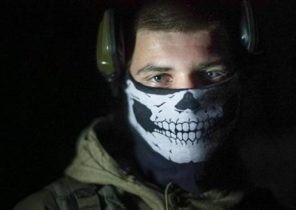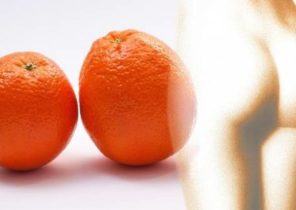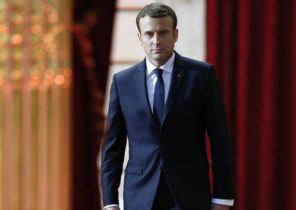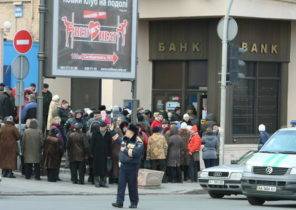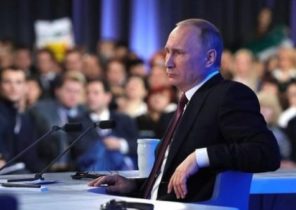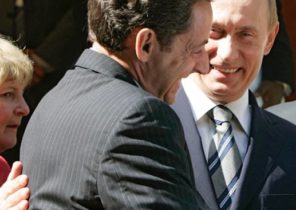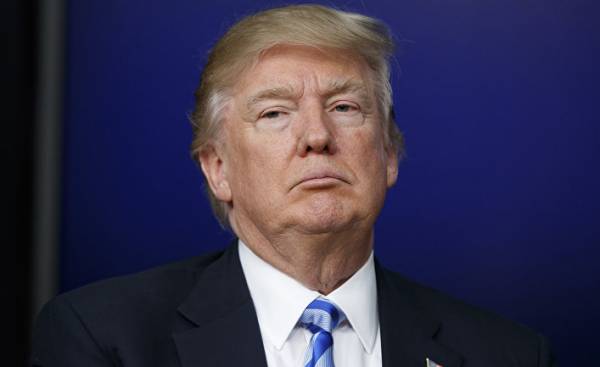
Donald trump can be contained — if not in words, then in deeds. But to change his mind is another matter. So a high-ranking representative of the American administration describes the constant struggle on the question of America’s foreign policy going on between the tramp and important people from his Cabinet.
Here is one example. The President, albeit reluctantly, but agreed that he was unable to resume torture in interrogations of terrorists and insurgents. James Mattis just said, “No.” The defense Minister added that this does not result that it is disgusting and contrary to American values. Trump agreed, but no one in the White house has no doubts that he is confident in the effectiveness of torture.
Approximately the same can be said about the President’s attitude towards alliances. From time to time Mattis and the national security adviser Herbert McMaster persuade him reaffirm the provisions on collective defense, forming the basis of the founding documents of NATO, and bilateral treaties with Japan and South Korea, which guarantee peace in East Asia. They convinced him that these alliances extremely valuable as a means of strengthening American forces.
This category also include Russia. Trump really wants to make a deal with Vladimir Putin when they meet this week in Hamburg at the summit of the leaders of the Big twenty. Most likely influential people from the office will block any meaningful arrangement, even though our fickle and love to work on the public President nothing can be ruled out. What does can’t make the assistants and advisors of the trump, is to change his Outlook.
Numerous investigations of the circumstances of the Russian intervention in the American elections and the possible collusion of staff trump with Moscow did not weaken the passion of the American President Putin. If to himself, he quickly canceled American sanctions imposed after the Russian invasion of the Ukraine, in exchange for cooperation with Putin on Syria and the tacit agreement of the Kremlin with the American efforts to contain Iran.
Trump’s indifference to Ukraine’s fate became clear during its may meeting at the White house with Russian foreign Minister Sergei Lavrov. The President explained that he wants Moscow held talks with Kiev, but mostly due to the fact that many in Washington (including Congress and the state Department) is committed to the Minsk peace agreements. Common Western values, the preservation of Ukraine’s territorial integrity, countering Russian revanchism, these issues have attracted the attention of trump.
Trump in their attitudes and actions guided by impulses, instincts and prejudices. And Putin has what political scientists call a great strategy. The American President grabs for power, and the Russian leader understands her. Yes, Putin is an opportunist, but he has a purpose. This year the conference, organized a non-profit organization Aspen Italia and Chatham house, I heard one of the smartest analysts of Moscow’s foreign policy sets out the strategy of Putin.
Putin’s actions have a single, simple goal-whether it is the annexation of Crimea, invasion of Eastern Ukraine, intervention in Libya, and the recent intervention in Libya. The post-cold war international order established the unquestionable superiority of the US. Washington did so as he pleases in the Balkans, in Afghanistan, in Iraq and Libya, putting aside any objections of Moscow. Opposing the United States in the middle East and lodging a claim on the post-Soviet space in Europe, Putin is at every step challenged this order.
His strategy is to gradually dismantle the device, which emerged after the cold war under US leadership, but instead to create another international system which is based on the primacy of the great powers and regional hegemons. For the West, “concert”, which was created by the Congress of Vienna in 1815 to divide the world into spheres of influence and balance of the great powers, is only an episode of history. For the Kremlin it is a model of today’s international relations.
Putin even could not imagine that they would find a voluntary supporter in the White house. Trump shares the Kremlin’s worldview. Of course, from time to time it will be to face to talk about global responsibilities to America. But like Putin, he is a nationalist and not a globalist. Now the allies understand that in a moment of crisis for the American President cannot be relied upon.
Alliances, rules and institutions of the old order was designed to protect the weak and the strong. Trump Putin is no more interested in the rights and opinions of the weak. As usual, the American President does not notice one shocking paradox: speaking in defense of his slogan “America above all”, he readily renounces American power and prestige accumulated over 70 years.
Of course, in Hamburg it may be unsuccessful. Putin can unite with the Chinese leader XI Jinping and cool the heat of trump making the threats against North Korea. The Russian leader may judge that while the us administration is under siege for investigation of ties with Moscow, from friendly relations with the trump of no use.
But there should be no doubt that, with the White house close to Putin realize their ambitions within the framework of the Grand strategy. The United States estranged from its European partners, almost all the allies have lost confidence in the Trump, and Washington today doesn’t want to play the role of world leader, although I thought it was their birthright. Putin is a big win. For everyone else, this is a sign that the world will be much more dangerous.

